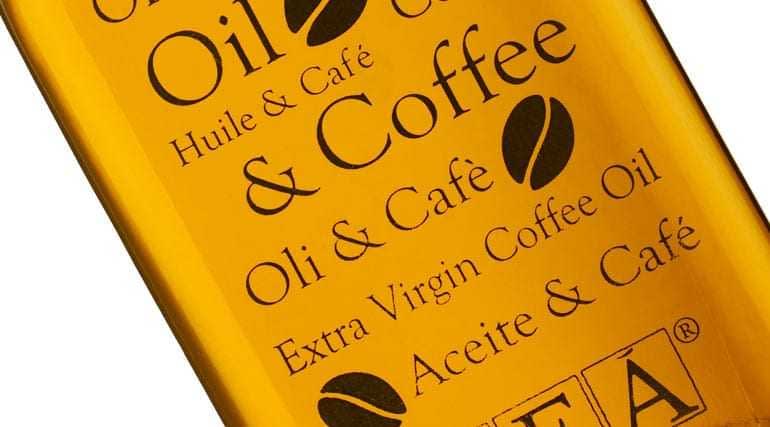
The days of flavored olive oils being labeled ‘extra virgin olive oil’ or even just ‘olive oil’ could be numbered in International Olive Council (IOC) member countries.
The IOC – the peak body governing the sector – is to consider advice next week that it apply a strict interpretation of its trade standard. That would mean defining extra virgin olive oil as the juice of the olive “and nothing else” and olive oil “solely as the blend of refined olive oil and virgin olive oil without the addition of any other product.“
Amid the growing popularity of flavored and infused oils, the IOC said back in February it would seek input from stakeholders on resolving uncertainty on the “delicate issue” of whether virgin olive oil be considered ‘extra’ “when the substances added to it make it impossible for organoleptic analysis to confirm that it really is extra grade.” It mentioned olive oils flavored with plant extracts such as garlic, lemon, thyme and rosemary, as examples.
This week it said the issue “of flavored extra virgin olive oils and infused olive oils” was on the agenda at the meeting of the IOC Advisory Committee on Olive Oil and Table Olives held in Croatia May 22 – 23. It said representatives of stakeholders from every branch of the olive and olive oil sector – producers, processors, marketers and consumers – participated, with people not only from IOC member countries but also observers from the non-members Australia, Brazil, India, Japan and the United States. The committee is chaired by Portugal’s Luis Folque, a representative of processors, and Tunisia’s Ali Ben El Hadj M’Barek and Italy’s Michele Bungaro, both representing producers, are vice chairs.
“After lengthy discussion, the committee decided to recommend the IOC remind its membership of the terms of the IOC trade standard, which it is mandatory for IOC Members to apply in their international trade. According to the standard, extra virgin olive oil is the juice of the olive and nothing else. Olive oil is defined solely as the blend of refined olive oil and virgin olive oil without the addition of any other product,” the IOC said in a statement.
The recommendation will be considered by the IOC’s decision-making organ, the Council of Members, at its extraordinary session starting in Madrid next Tuesday.
Flavored olive oils are particularly popular in the U.S., the U.K. and Australia, none of which is an IOC member. However, most olive oil producing countries are IOC members and there is talk of in the future also admitting countries that are not producers but are olive oil consumers.








